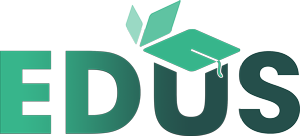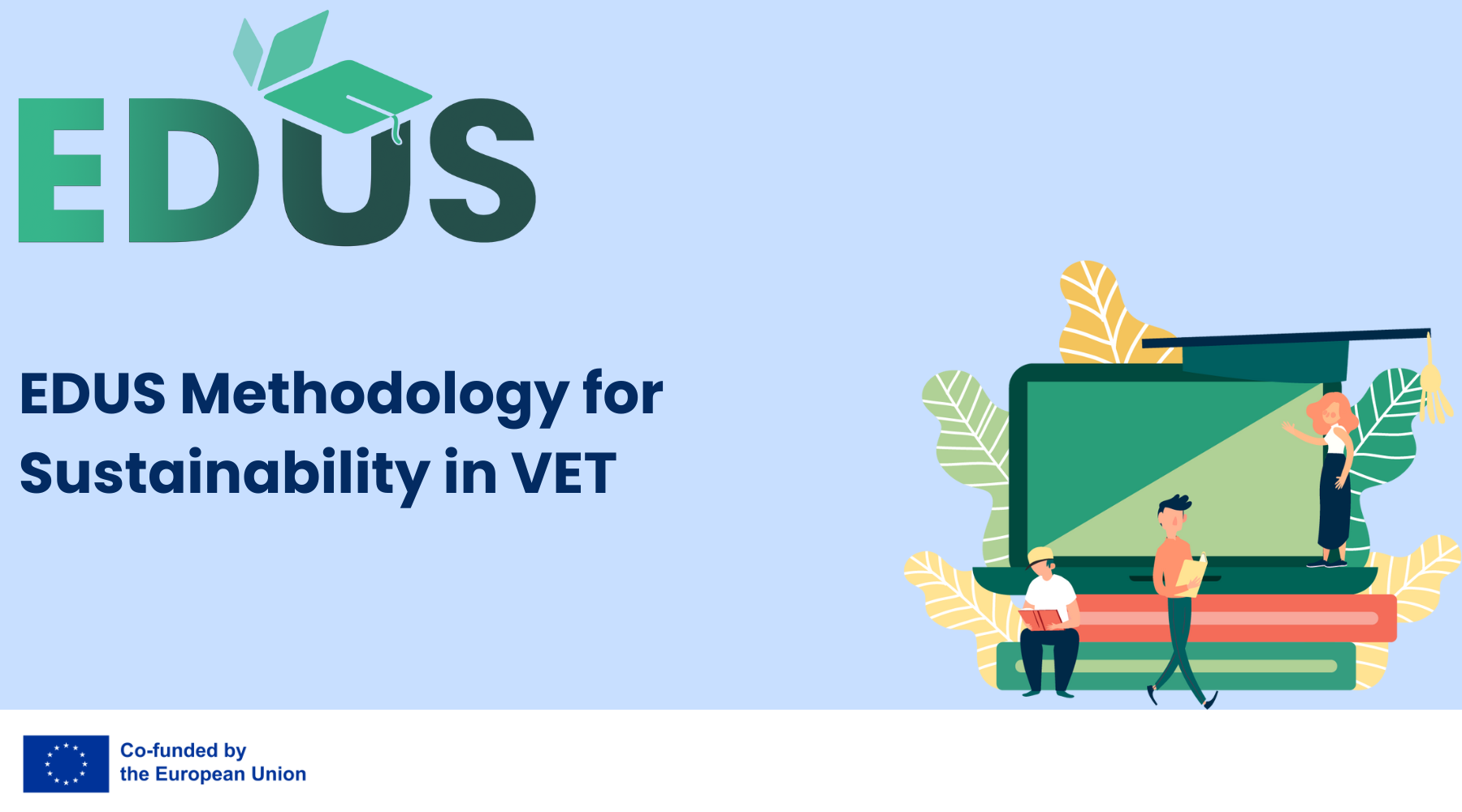
Will Chatbots play a role in sustainable VET education?
04/09/2025 admin
Written by Stefanía G. Kristinsdóttir
The EDUS framework emphasizes three interconnected dimensions of sustainability: Planet, People, and Prosperity, supported by the enabling factors of Technology, Creativity, and Connectivity. Its teaching methodologies promote Problem-based, Collaborative, and Experimental learning, aiming to equip vocational education and training (VET) learners and educators with sustainability competencies aligned with the UN Sustainable Development Goals (SDGs), New European Bauhaus, and the European Green Deal.
As digital transformation reshapes education, AI-powered chatbots are emerging as a compelling option to support sustainable teaching and learning. In collaboration with a group of VET educators, EDUS partners will explore whether chatbots will become part of the EDUS digital toolkit as a tool to help co-create open educational resources (OERs) and foster sustainability competencies through adaptive, technology-driven methods.
Educational research points to the growing potential of chatbots in learning environments. Chatbots can facilitate teamwork, promote project-based learning, and support personalized engagement (Chocarro et al., 2021). Systematic reviews highlight their value in delivering content, automating feedback, and supporting mentorship-like roles across diverse fields of study (Winkler & Söllner, 2021; Holmes et al., 2021).
As digital enablers, ethically and inclusively designed chatbots can support teaching in several ways. They can guide learners through sustainability modules or simulate real-world challenges relevant to their vocational context. Using EDUS’s competence levels, chatbots might help learners assess their understanding of regenerative resource flows or inclusive community governance. Moreover, by collecting learner input or generating learning prompts, chatbots may contribute to co-creating OERs and fostering collaborative, student-centered learning experiences.
That said, integrating AI tools into VET must be handled carefully, considering data ethics, equity of access, and alignment with sustainability values. The EDUS framework and training methodology offer an ideal foundation for any digital tool, including chatbots. They support rather than substitute pedagogical expertise.
Projects like the University of Washington’s Colleague AI Assistant demonstrate how educators can guide AI tools to generate lesson plans grounded in curriculum and teaching values (University of Washington, 2024). A similar sustainability-driven chatbot could be tested and refined using EDUS’s methodology, potentially serving as both an instructional aid and a co-creator of open, modular learning resources.
To further explore chatbot design in education, valuable resources include the Designing Chatbots for Education guidelines and case-based video tutorials from the Build-a-Bot project.
References
Bianchi, G., Pisiotis, U., & Cabrera Giraldez, M. (2021). GreenComp: The European sustainability competence framework. Publications Office of the European Union. https://publications.jrc.ec.europa.eu/repository/handle/JRC128040
Chocarro, E., Corti, D., Rodríguez, C., & Aranda, M. (2021). Educational chatbots for project-based learning. International Journal of Educational Technology in Higher Education, 18(1), 1–19. https://educationaltechnologyjournal.springeropen.com/articles/10.1186/s41239-021-00302-w
EDUS. (2025). EDUS Framework for Vocational Education and Training. https://edusproject.eu/
Footprint Network. (2024). Earth Overshoot Day. https://overshoot.footprintnetwork.org/
Holmes, W., Bialik, M., & Fadel, C. (2021). Are we there yet? A systematic review on chatbots in education. Frontiers in Artificial Intelligence, 4, 654924. https://www.frontiersin.org/articles/10.3389/frai.2021.654924/full
University of Washington. (2024). Colleague: Free AI tool for teachers. GeekWire. https://www.geekwire.com/2024/chatbots-for-teachers-univ-of-washington-releases-free-ai-tool-for-quicker-better-lesson-plans
Winkler, R., & Söllner, M. (2021). Unleashing the potential of chatbots in education: A systematic literature review. Education and Information Technologies, 26, 3503–3526. https://www.sciencedirect.com/science/article/pii/S2666920X21000278
Yau, J., Nguyen, P., & Ramesh, S. (2022). Build-a-Bot: Teaching conversational AI using transformer-based architecture. arXiv. https://arxiv.org/abs/2212.07542







